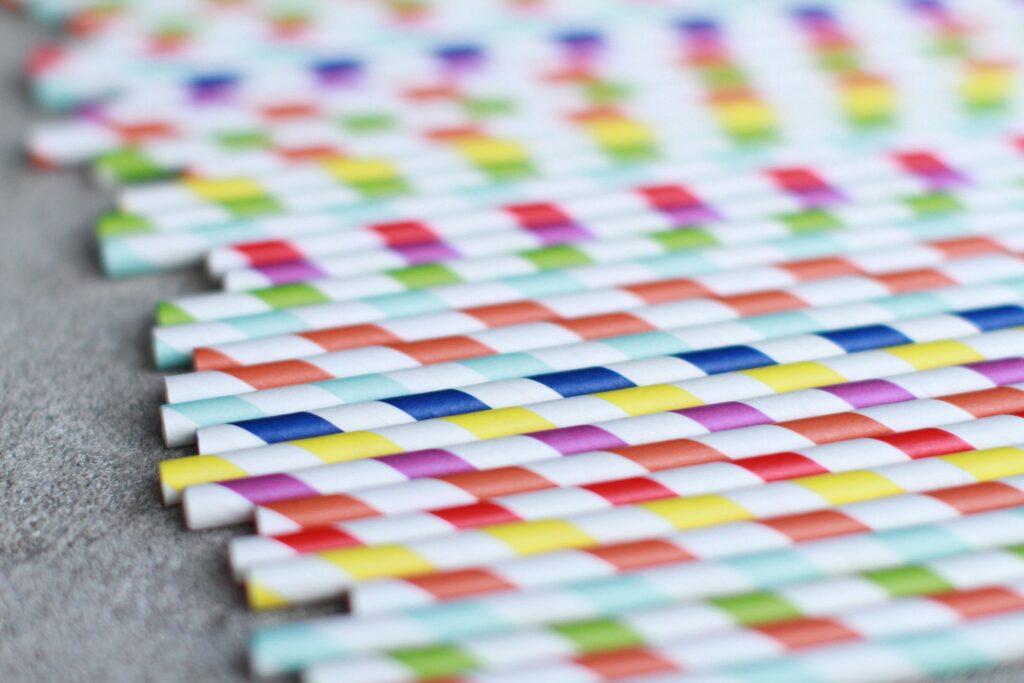Straws made from paper can be harmful
Instead of banned plastic straws, restaurants now offer paper straws. But these can also be harmful to the environment and health, warns a group of researchers in the journal “Food Additives & Contaminants: Part A”.

Many supposedly eco-friendly straws made from paper or bamboo contain long-lasting and potentially toxic chemicals called PFAS. The sale of plastic straws is banned in the EU as of 3 July 2021. A team of researchers, led by Thimo Groffen of the University of Antwerp, examined straws marketed under 39 brands available in Belgium. Of the 20 paper straws tested, 18 were found to contain PFAS. The scientists detected varying levels of PFAS in four out of five bamboo straws, three out of four plastic straws and two out of five glass straws. Only stainless steel straws did not contain PFAS. PFASs – per- and polyfluoroalkyl compounds – are used, among other things, to protect paper straws from soaking.
“Straws made of plant-based materials such as paper and bamboo are often advertised as more sustainable and environmentally friendly than those made of plastic,” Thimo Groffen said. “This, however, is not necessarily true due to the presence of PFAS in straws.”
Paper cups to replace disposable plastic cups have been tested by a research team at the University of Gothenburg. As paper is not grease and water resistant, it needs a surface coating when used as a food packaging material.
In the study, presented in the journal Environmental Pollution, Bethanie Carney Almroth’s team placed mosquito larvae in water and sediment with cups and lid pieces made of polypropylene or polystyrene, or polylactide and paper, for one to four weeks.
“Each cup had a negative effect on the growth of mosquito larvae”, Carney Almroth said.
Related news
Delhaize launches summer cooking camps for children in Belgium
🎧 Hallgasd a cikket: Lejátszás Szünet Folytatás Leállítás Nyelv: Auto…
Read more >Cheese-cocoa-peach jam: these are the most popular cookie flavors
🎧 Hallgasd a cikket: Lejátszás Szünet Folytatás Leállítás Nyelv: Auto…
Read more >Related news
Historic price reduction at ALDI
🎧 Hallgasd a cikket: Lejátszás Szünet Folytatás Leállítás Nyelv: Auto…
Read more >









